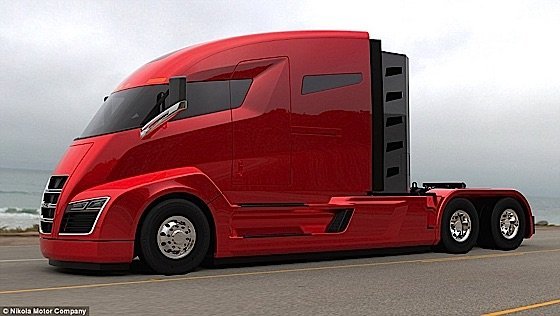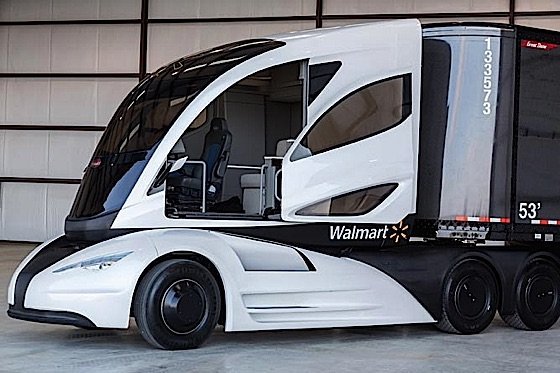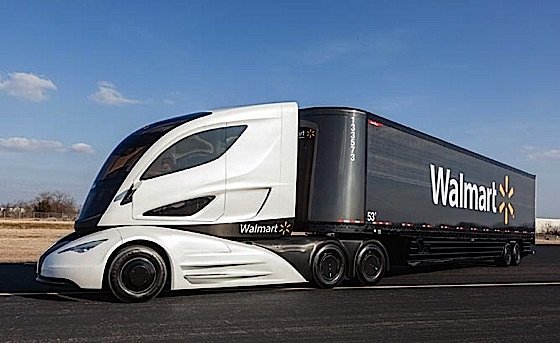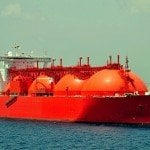Greenhouse gas emissions have been on the rise, and approximately ten per cent of Canada’s emissions stem from freight. Though there are plenty of ideas for reducing these emissions, critics are quick to pick out the flaws and setbacks — namely, competitive and economic issues. However, other experts point out there are solutions that do not have to hurt commerce.

Emissions from freight overlooked until now
Trucking contributes heavily to Canada’s annual emissions. According to The Sate of Freight: Understanding Greenhouse Gas Emissions from Goods Movement in Canada, the industry has remained almost entirely overlooked with regards to carbon emissions. Eli Angen, co-author of the report, emphasized the value of using clean fuel standards and technology in addressing the problem without crippling the economy.

Furthermore, Canada’s 2nd Biennial Report on Climate Change projects that carbon emissions caused by freight will continue to rise and eventually surpass passenger emissions by the year 2030. Increasing levels of greenhouse gases coupled with the inability to find adequate solutions make it difficult to meet commitments set forth under the Paris agreement. Additionally, the transportation sector’s annual emissions have increased over 40 per cent since 1990. Within that sector, trucking has become the leading contributor to that growth. Emissions from these trucks alone have increased by over 200 per cent with the same time span.
The industry stands to gain quite a bit from finding solutions, especially with fuel being so costly. The topic has received very little societal pressure or awareness, however; and the task of finding the right solutions which benefit the sector, the environment, and the economy has proven difficult.
Another concept for electric (recycling an old idea) — wires:
That does not mean that the industry is not dedicated to reducing its emissions, however. Stephen Laskowski of the Canadian Trucking Alliance claimed that the industry has spent billions trying to find solutions.
“Despite these efforts,” he stated, “the diesel engine will continue to be the engine of choice to move the modern commercial vehicle and the weights that are required on these trucks.”
Electric car leader Tesla talks trucks: Elon Musk teases the Tesla Semi Truck at TED:
Laskowski views the problem not as an issue of money or dedication but one of ability, where the industry is at a technological standstill in terms of finding replacements for the diesel engine. After all, the methods typically employed in making vehicles more fuel-efficient and environmentally friendly are not feasible in this industry. Although some companies have introduced hybrid-electric technology in their pick-ups and vans, doing the same with heavy-duty vehicles would be difficult. The technology is insufficient in pulling such large, powerful trucks and their freight.

Greener — without devastating the economy
The main goal is to reduce the sector’s carbon footprint without having to take drastic measures. Forcing the trucks off the road entirely would certainly devastate the economy. The State of Freight report highlighted some potential policies and areas that deserve further exploration as part of a collective effort to improve the industry’s environmental impact while ensuring the future of the sector and the economy. These key areas include the following:
- Climate policies geared toward impacting the economy while drastically reducing the levels of greenhouse gases emitted by trucking and freight.
- Heavy-duty vehicle efficiency regulations, as well as support for adequate testing necessary to determine technological viability in Canadian operating conditions.
- Clean fuel standards and regulations designed to encourage fuel switching, beginning with biofuels and natural gas, working up to the use of electric and hydrogen options.
- Extend land use planning methods to include the integration of methods designed to make freight movement easier and more efficient, while reducing congestion and negative impact on the communities themselves.
The report went on to stress “the importance of ensuring the involvement of all necessary stakeholders in the design and implementation of freight solutions.” Improving fuel efficiency is possible without sacrificing economic growth, as long as industry and policy-makers collaborate in the effort to find adequate, outside-the-box solutions that benefit the industry, the country, and the environment while continuing to honor commitments set forth in the Paris agreement.
































